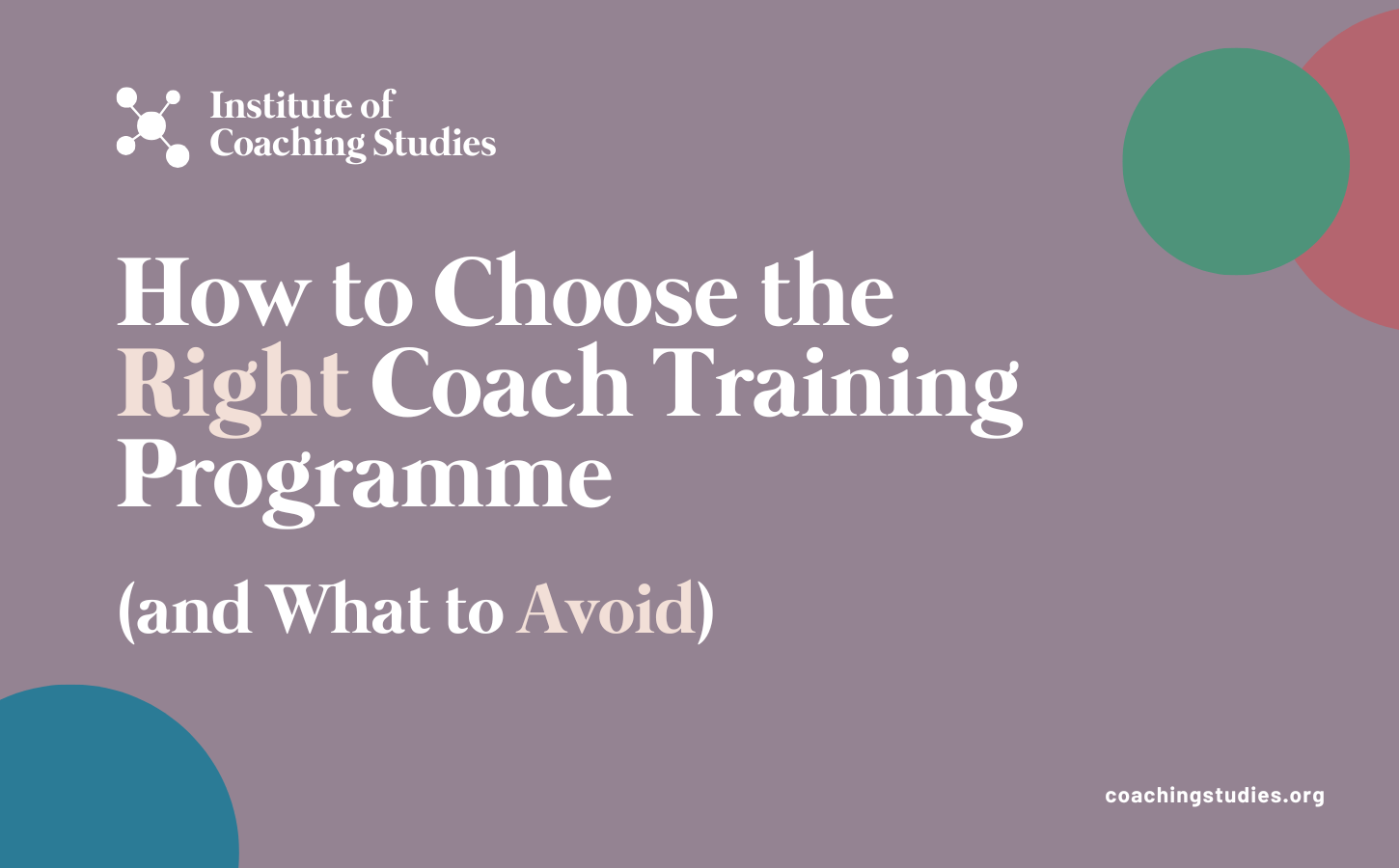Six years after a major competency overhaul, the International Coaching Federation (ICF) has recently announced an update to their competency framework.
In this article we are going to talk about the changes that were announced. No new competency was added (there are still eight), but 5 new indicators were added, 11 indicators were revised, 1 competency definition was updated, and a glossary of terms was added. We are going review each competency below and discuss what this change means for coaches. It is particularly important for the coaches to be aware of the changes, especially those of you preparing recordings for your performance evaluation.
Feel free to download the ICF Comparison Chart on the ICF website to access the resource they published about it.
Competency breakdown
1. Demonstrates Ethical Practice
No major change was done on the first competency, only a minor language edit on indicator “Abides by the ICF Code of Ethics and upholds the ICF Core Values”, where the mention “ICF” was simply added before Core Values.
The ICF announced in April 2025 an update to their Code of Ethics so the ethical behaviour expected of coaches is covered in this resource.
3. Establishes and Maintains Agreements
No change to the definition were made, but one new indicator was added and 3 were updated:
New indicator: 3.12. Revisits the coaching agreement when necessary to ensure the coaching approach is meeting the client’s needs.
Changes to existing indicators:
- 3.01 was updated to include the ability of the coach to describe their coaching philosophy, and not just define what coaching is and isn’t.
- 3.02 now mentions that agreements should also include a commitment to work towards coaching goals.
- 3.11 now rephrases the “end” of the coaching relationship as a “close”, and it is now more about respecting the client and their experiencing, rather than honouring it.
4. Cultivates Trust and Safety
No changes were made to competency #4.
5. Maintains Presence
The only change made to competency #5 was the addition of one indicator which was placed right after demonstrating curiosity:
- 5.03. Remains aware of what is emerging for self and client in the present moment
6. Listens Actively
The competency on active listening is a very important one for coaches. Only two minor changes have been made to refine the wording:
- 6.02 goes from “Reflects or summarizes what the client communicated” to “Reflects or summarizes what the client is communicating.”
- 6.05 goes from “… to determine the full meaning of what is being communicated” to “… to determine the full meaning of what the client is communicating.
7. Evokes Awareness
Only one indicator was updated for competency #7, and it is an interesting one.
7.11 was originally about sharing “observations, insights and feelings, without attachment, that have the potential to create new learning for the client.”
It is now about sharing “Shares observations, knowledge, and feelings, without attachment, that have the potential to create new insights for the client.”
The word “knowledge” is new and an interesting choice of word. The definition of knowledge here matters. As we get more resources from the ICF about these new competencies in the future, it will be important to understand what knowledge means in this context, and what kind of knowledge a coach can share while still remaining in their position of coach (and not teacher, consultant, mentor, etc.).
8. Facilitates Client Growth
Two updates were made to the final competency:
- A new indicator was added: 8.07 Partners with the client to integrate learning and sustain progress throughout the coaching engagement.
- And “celebrate the client’s progress” in 8.08 was changed to “acknowledge the client’s progress”, which is better wording.
What These Changes Mean for Coaches
Even though the changes are not major, there are still a few elements of this update that are important to highlight for coaches to know how to adapt and what to consider moving forward.
Staying current: coaches are expected to stay up to date on current best practice and the use of technology (one of them being AI).
Engaging in supervision: the ICF is taking another step towards encouraging its members and credentialed coaches to engage in coaching supervision.
Understanding of the influence of biases: the new wording in competencies about biases, identity, environment, perceptions implies coaches must do deeper self-work (reflective practice) on their own (conscious and unconscious) biases.
Taking care of one’s well-being: coaches should develop habits & practices (self-care, recovery) not just to prepare for sessions but also during and after their conversations with clients. There is also the mention of actively managing one’s emotions.
Revisiting agreements: the addition of revisiting coaching agreements was much needed. Coaches are not prompted to address agreements that may change during the coaching process and to be more flexible with their coaching approach.
Closing an engagement rather than ending it: acknowledging progress and closing coaching relationships in a way that respects the client’s experience are two changes that invite coaches to be more intentional about bringing a sense of closure.
To stay aligned with this updated competency framework, review your current practice, update your coaching agreements, invest in personal & professional development, and ensure your language, documentation, and approach reflect these new standards.
LET'S STAY IN TOUCH
If you want to hear from us about all things coaching and not miss any new articles, sign up below 👇
Thank you!
We hope you like the content we will share.
Photo by lilartsy on Unsplash




